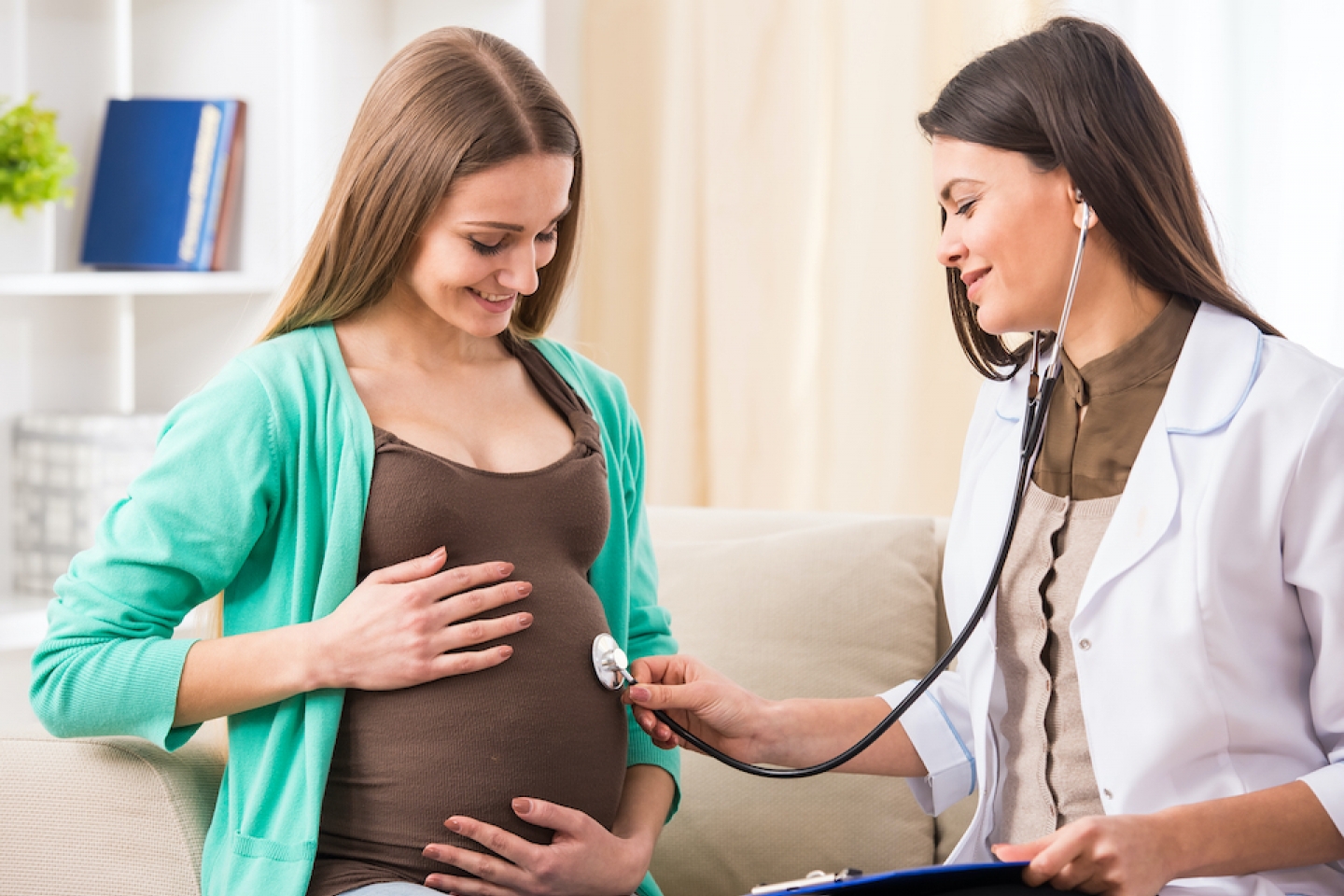Eating well during pregnancy is one of the most important things you can do for your body and your baby. But don’t wait until you become pregnant to start. Research suggests that eating nutritiously three months before you conceive increases your chances of having a successful pregnancy and a healthy baby. How you eat may even affect your fertility.
Eating well before and during pregnancy
Most cells in the body--including the egg and sperm from which a fetus grows--need plenty of the right nutrients to function properly. In order to deliver their genetic material to a fetus, these cells must be healthy. Likewise, in order for the placenta (the organ that passes your nutrients and oxygen to the fetus) to develop, you must eat well--and enough.
Another benefit of eating well is maintaining a healthy weight before and during pregnancy. This is important, since weighing too little can hamper your body’s ability to support a pregnancy, leading to preterm birth and low infant birth weight, while being overweight can make conceiving difficult, or lead to gestational diabetes, preeclampsia, a complicated delivery, or stillbirth.
Critical nutrients
Basma S. Faris, M.D., an Obstetrician and Gynecologist at Weill Cornell Medicine Primary Care, urges women who are trying to conceive, and those who are pregnant, to eat a balanced diet containing fruits, vegetables, whole grains, lean meats, dairy products, and healthy fats to gain essential nutrients, including:
- Folate. This B vitamin is crucial before and after you become pregnant. It protects against the risk of neural tube defects such as spina bifida, as well as preeclampsia, miscarriage, low birthweight, and stillbirth, and is needed for DNA production. The U.S. Public Health Service recommends that women of childbearing age take 400 micrograms (0.4 milligrams) of folate (folic acid) daily as a supplement, in addition to eating folate-rich foods, such as: peas, beans, lentils, asparagus, eggs, and leafy green vegetables. If you have a family history of neural tube defects, then you may need to increase your daily folate intake.
- Iron. Supporting pregnancy, increased blood volume, as well as blood loss at birth requires a surplus of iron. Consuming too little during pregnancy puts your baby at risk for lifelong cognitive deficits. “Most prenatal vitamins have 27 milligrams of iron. You may need more if you’re anemic at baseline or if you develop anemia, or if you eat a vegetarian diet,” Dr. Faris says. You can add vitamin C to help absorb iron. Iron-rich foods include shellfish, spinach, liver, beans, peas, lentils, and red meat.
- Calcium. You need at least 1,000 mg. (three 8-ounce glasses of skim milk) of calcium a day if you are considering getting pregnant. During pregnancy, this need increases to 1300 mg/day. “If your dairy intake is low, then you may need to take calcium supplements. If you are vegan, then eat almonds, which are a good calcium source. “And make sure you consume Vitamin D, which is needed for calcium metabolism,” Dr. Faris says. Calcium-rich foods include low-fat yogurt, canned salmon, sardines, rice, and cheese.
- Choline. This nutrient is critical during early pregnancy for fetal brain development and protection against neural tube defects. Foods that are high in choline include eggs, meat, cruciferous vegetables, and peanuts.
- Zinc. Zinc aids semen and testosterone production in men, and ovulation and fertility in women. Consuming too little early in pregnancy can prevent proper development of the fetus’s neural tube (central nervous system) and the placenta. Foods containing zinc include meat, shellfish, beans, peas, lentils, nuts, and dairy. “Many people have been supplementing zinc in an effort to prevent COVID-19; however, this is not recommended because long-term supplementation can lead to deficiencies of other minerals like iron and copper,” Dr. Faris says.
- Vitamin A. Abundant in carrots and sweet potatoes, vitamin A is vital for eye development during the third trimester of pregnancy. “Supplementation should be avoided in the first trimester,” Dr. Faris says.
- Omega 3 fats. Found in low-mercury fish and nuts, these ‘good’ fats are needed for neurologic development and are natural anti-inflammatories.
- Vitamin B12. This vitamin is important for neurotransmitter development and can be found in animal proteins. If you are vegan, then you may need a B12 supplement.
Things to avoid:
- Alcohol. No amount of alcohol and no period during pregnancy or while trying to conceive is safe for drinking, according to the Centers for Disease Control. All types of alcohol, including all wines and beer, are equally harmful because all pass from the mother’s blood to the fetus through the umbilical cord and can cause miscarriage, stillbirth, or a range of lifelong physical, behavioral, or intellectual disabilities.
- Caffeine. Try to reduce caffeine (including chocolate) from your diet. Although less than 200 mg per day is not associated with pregnancy complications, higher levels may be associated with growth restriction.
- The sugar substitute saccharine, as well as recreational drugs, cigarettes, and second-hand smoke can all potentially harm a fetus.
- High mercury fish, like ahi tuna, which is often used for sushi, should be avoided. “An occasional sushi splurge from an impeccable chef is probably safe, but if you are in doubt or very risk-averse, then avoid it,” Dr. Faris says.
- Sugar: Try satisfying your sweet tooth with fruit. It’s preferable to have a fruit- based dessert or even a small portion of ice cream, which has calcium and some protein. “These are better options than something like gummy candy which is pure sugar,” Dr. Faris says. Also, avoid sugar-sweetened beverages.
